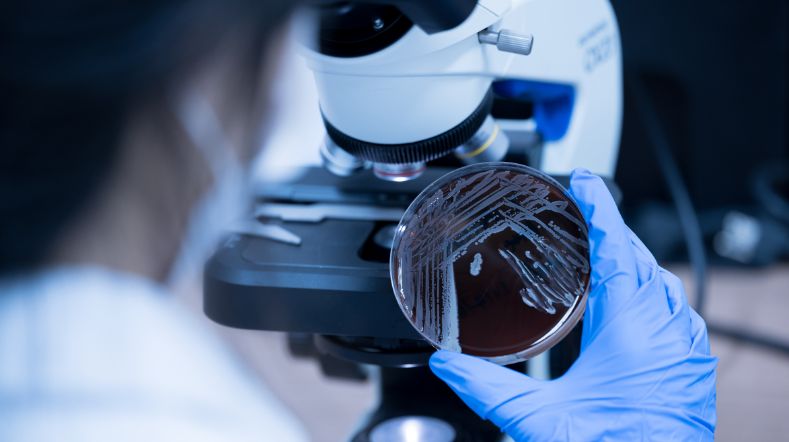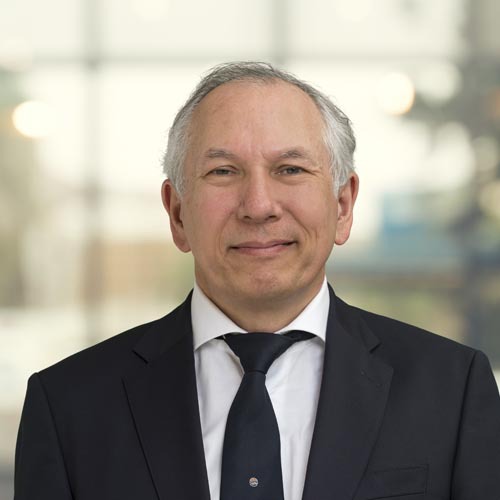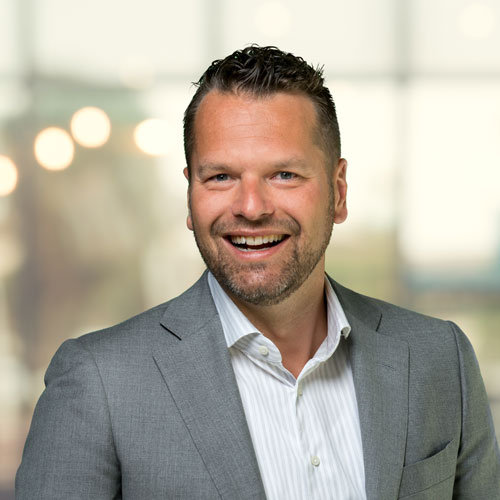HERACLES lays foundation for secure data sharing in healthcare sector
In the HERACLES project, 13 public and private parties are jointly conducting research into two types of cancer. The challenge here is to merge different datasets without putting privacy-sensitive data at risk. Data spaces and privacy-enhancing technologies (PETs) help make this possible. Working with health data continues to require human input, however, as became clear during the first year of the project in which the foundations for secure data sharing were laid.
HERACLES should make it possible for research organisations, epidemiologists, doctors, tech companies, patient associations, pharmaceutical industry representatives and health insurers to conduct collaborative research on lung and ovarian cancer.
‘We are all working to reduce the impact of these diseases and all benefit from data that give us more insight into the disease,’ says Michel van den Heuvel, pulmonologist and head of department at Radboud UMC.
‘Data sharing offers huge possibilities. All the participants are therefore willing to share their knowledge and expertise, but this is very complicated for many reasons. Within HERACLES, we are solving multiple problems simultaneously in order to enable data sharing.’
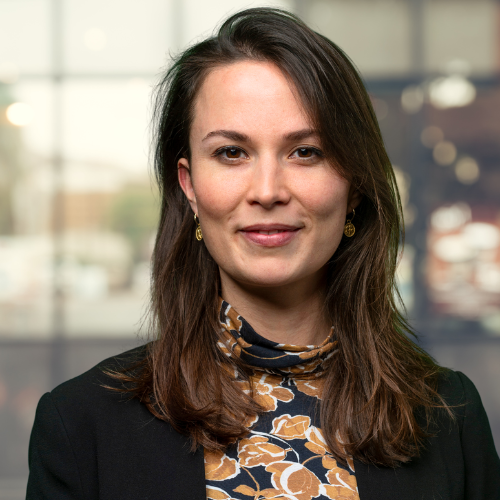
"Important data for medical research is now very limited or not shared between healthcare and research agencies, even though this information might be important with regard to the right choice of treatment."
Two innovations brought together
For research on cancer progression, it is valuable for Radboud UMC and other participants to have as much information as possible on individual patients who have been followed for a relatively long period of time. ‘For that, they need to know which data belongs to which patient, but information about a person's identity is not necessary,’ says TNO researcher Sarah van Drumpt.
‘Until recently, techniques for separating medical and personal data were only offered and deployed in a limited way. Important data for medical research are therefore only shared on a very limited basis (or sometimes not at all) between healthcare and research bodies, for example, even though this information might be important with regard to the right choice of treatment. Another more practical hurdle involves combining data. How can you do that when the data are stored in various different formats, sometimes unencrypted?’
In Sarah’s opinion, Data Spaces and PETs make it possible to resolve these issues. ‘One of the strengths of HERACLES lies in the simultaneous application of these two innovations. Data Spaces and PETs are increasingly proving their value in practice and are ready for large-scale pilots, with the combination of the two being particularly interesting.
At the same time, we are working on a set of agreements which makes it possible to maximise the potential of these technologies. For TNO, it is of paramount importance for these agreements to do justice to public and private interests.’
Security and uniformity
Privacy-enhancing technologies is an umbrella term for innovations such as multi-party computation (MPC), federated learning and synthetic data generation. TNO has published the white paper ‘Finally, a privacy-friendly way to harness data’ on these technologies and their application.
Whereas PETs enable secure, privacy-friendly data collaboration, Data Spaces cover the organisational and governance side of such collaborations. Sarah: ‘Within Data Spaces, different parties reach agreements on the use of each other's data. Although this sounds simple, it is at least as complicated as the technology required. After all, legal issues, medical standards and trusted processes are all equally important. Healthcare providers such as Michel van den Heuvel make it clear what they need, but so do system administrators and lawyers. As a result, it is necessary to align highly specialised knowledge from very different fields.’
After just one year of HERACLES, it is clear that this human side of things is extremely complex. Van den Heuvel can confirm this. ‘The daily practice of a doctor and an ICT practitioner are miles apart. Under different circumstances there would probably be more misunderstandings between us, but by now the techies understand the medical Latin I sometimes use and I am no longer shocked by the tech terms that come up. All the participants know that secure data sharing will only be possible if the gaps between the different disciplines are bridged.’
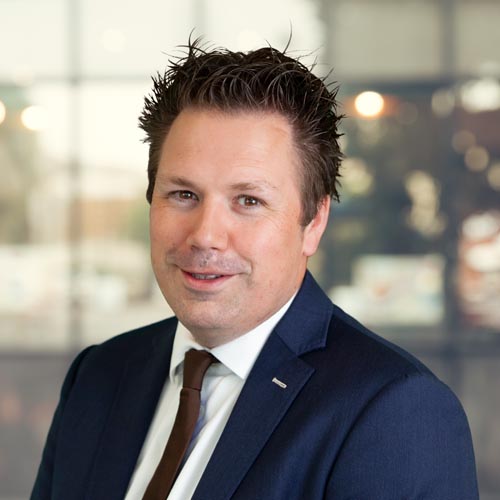
"I expect we will arrive at a usable concept for privacy-friendly data sharing in healthcare as early as 2024. Once that is in place, we can really make an impact."
Initial results, huge potential
In the first year of HERACLES, the first outlines of the technical, legal and clinical frameworks were formed. According to TNO researcher Simon Dalmolen, the results are impressive.
‘We can say that the foundations of a new set of agreements have been laid. It has become clear to us where there is friction, but also where there are opportunities and how we can make the most of them together. It also became very clear that everything we do is interconnected and that no one can stay on their own little island.
In order to create a Data Space like HERACLES, it is essential to look at the whole picture together. And we are succeeding in doing so. I expect we can arrive at a usable concept for privacy-friendly data sharing in the healthcare sector as early as 2024. Once this is in place, we will really be able to make an impact.
These kinds of technologies and collaborations offer huge possibilities. In the process, we are also developing a foundation that we can roll out to other specialist healthcare fields, so we don't have to keep reinventing the wheel. In a number of areas, we expect to achieve exponential improvements.’
"I expect the work of physicians to change substantially in the coming years. Specialists will then be able to offer people a more tailored treatment plan."
Van den Heuvel is also optimistic about the progress and potential of HERACLES. ‘I expect the work of doctors to change significantly in the years ahead. If we look at lung cancer, for example, early detection is becoming much more promising. Specialists know that a certain type of cough can indicate spots on the lungs in specific cases. Soon, a computer will know this too and will be able to advise a GP to refer a patient quickly. Once they reach the specialist, we will be able to offer people a more tailored treatment plan than is currently the case. The more knowledge and expertise at our disposal, the better our care.’ Want to know more about data use in the healthcare sector? Find out more here
HERACLES is a collaboration between IKNL, Stichting Radboud UMC, UMC Groningen, AstraZeneca BV, Janssen-Clilag BV, Roche Nederland BV, Almende BV, Linksight BV, Pharmo Institute NV, SURF BV, CZ Zorgverzekeringen NV, Stichting Olijf and TNO.
Curious about data utilization in healthcare?
Get inspired
Dutch partners announce construction of climate satellite TANGO


3D pharma printing: Personalised medicine begins here
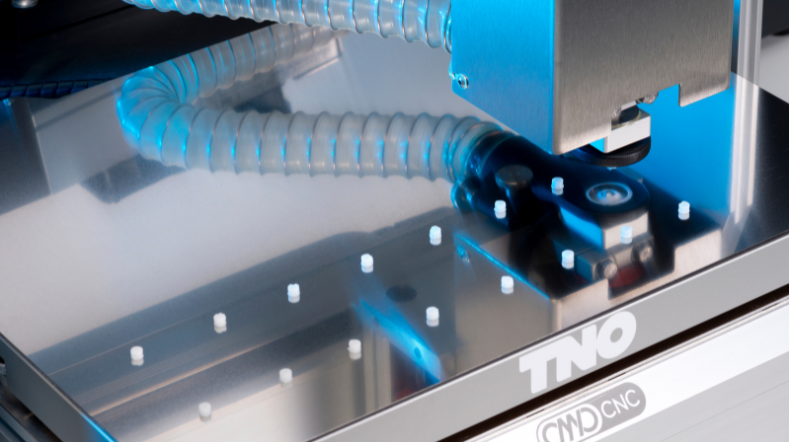

Early results show the potential of circular healthcare plastics
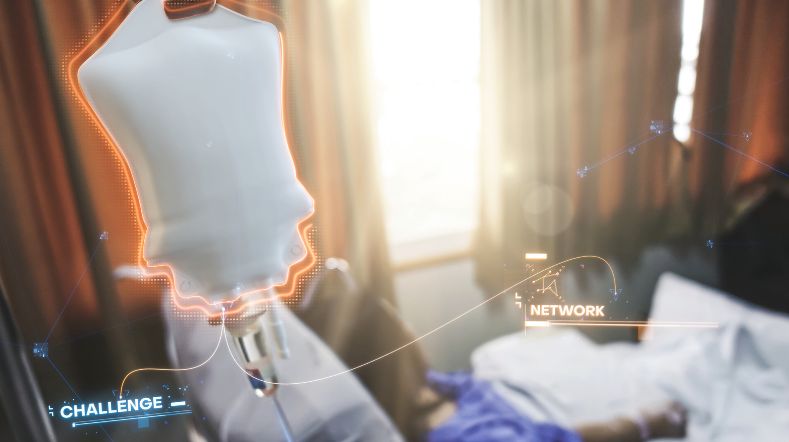

SEAMIIC: Autonomous parts handling and quality control
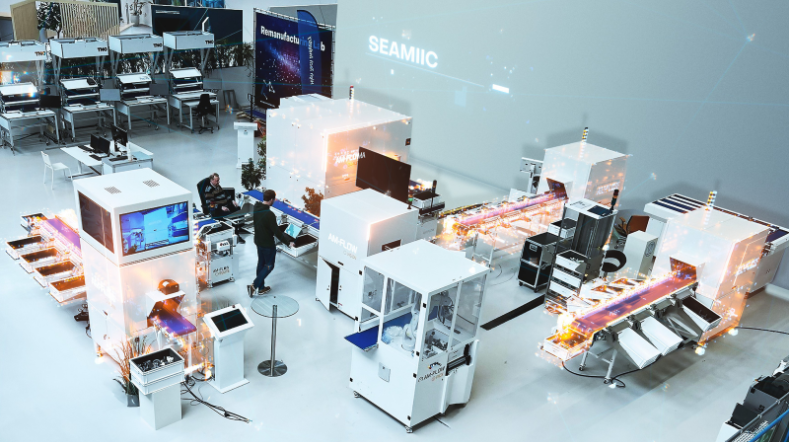

Microbial safety and hygiene
